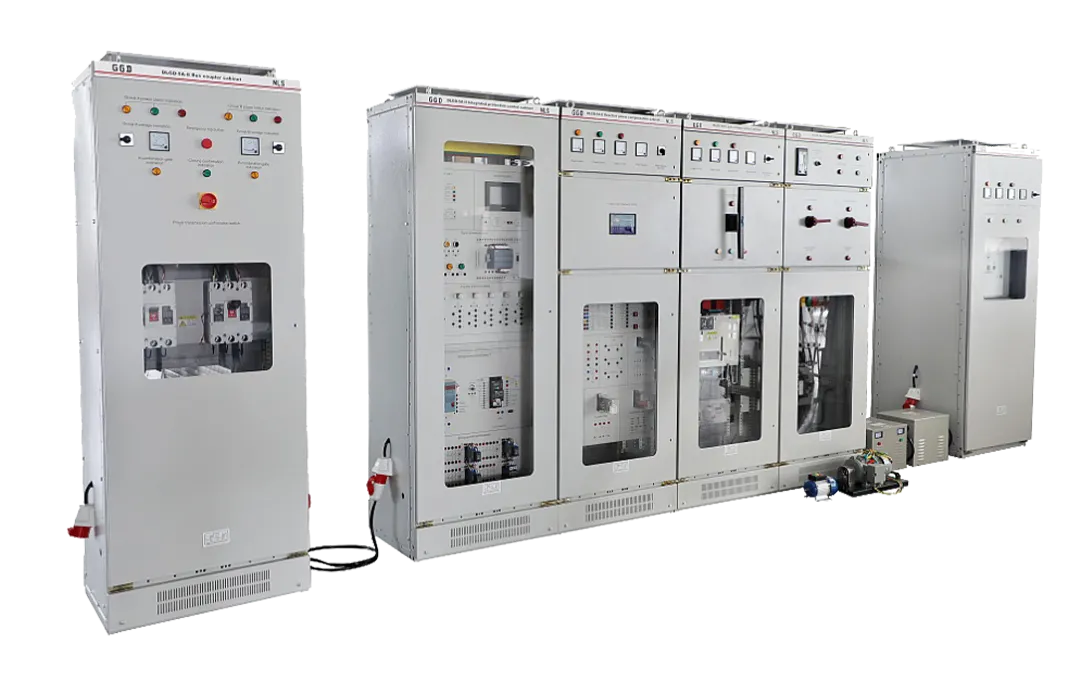With the rapid advancement of industrial automation, renewable energy, and smart grid technologies, the global demand for electrical engineers and skilled technicians has never been higher. From power generation and distribution to control systems and electronics, the modern electrical industry depends on professionals who possess both theoretical knowledge and practical skills. However, traditional teaching methods often struggle to provide students with real-world, hands-on experience. This is where Electrical Laboratory Equipment becomes essential — bridging the gap between textbook learning and real industrial practice.
As a leading provider of technical education solutions, Dolang has been committed to equipping educational institutions and training centers with high-quality electrical laboratory systems that empower students to learn, experiment, and innovate safely and effectively.
What Is Electrical Laboratory Equipment?
Electrical Laboratory Equipment refers to a collection of educational devices, instruments, and training systems designed for teaching, testing, and research in the field of electrical engineering and automation. These systems simulate real-world circuits, control systems, and industrial applications, allowing learners to explore concepts such as electrical measurement, motor control, power electronics, PLC automation, and renewable energy systems.
A complete electrical training laboratory may include:
● Electrical circuit trainers and measuring instruments
● Power electronics and inverter training benches
● Industrial automation and PLC training systems
● Electrical machine and motor control trainers
● Renewable energy (solar and wind) laboratory systems
● Safety and fault diagnosis modules
Together, these components create a comprehensive learning environment that enables students to understand, analyze, and apply electrical principles in practical scenarios.
Why Electrical Laboratory Equipment Is So Important
1. Bridging Theory and Practice
In electrical engineering education, theory alone is not enough. Laboratory equipment transforms classroom knowledge into hands-on experience, helping students understand how voltage, current, resistance, and power behave in real circuits.
2. Enhancing Safety and Confidence
Working directly with live electrical systems can be risky. Dolang’s laboratory equipment integrates advanced protection mechanisms and simulation features, allowing students to experiment safely while building confidence.
3. Developing Technical and Analytical Skills
Electrical training platforms are designed to improve critical skills such as circuit analysis, troubleshooting, wiring design, and automation control — competencies that are crucial in today’s competitive job market.
4. Supporting Modern Industry Requirements
With industries shifting toward smart manufacturing, automation, and renewable energy integration, electrical laboratories prepare students to meet the technical challenges of Industry 4.0 and the green energy transition.
5. Enabling Research and Innovation
Universities and research institutions use electrical laboratory systems to explore new concepts in power electronics, electric vehicles, and intelligent control. These setups provide a flexible environment for innovation and prototyping.
Educational Benefits for Institutions
Educational institutions benefit greatly from implementing modern electrical laboratory systems:
● Comprehensive Curriculum Integration: Supports courses from basic electrical principles to advanced automation and energy systems.
● Standardized Skill Assessment: Facilitates competency-based training and certification testing.
● Attractive Learning Environment: Modern laboratories enhance the reputation and appeal of technical programs.
● Industry Collaboration: Enables partnerships with technology companies and energy enterprises for research and workforce development.
For vocational colleges, universities, and corporate training centers, investing in Electrical Laboratory Equipment is not just about technology — it’s about building a future-ready learning ecosystem.
Dolang’s Commitment to Technical Education
At Dolang, we understand that effective technical education requires precision, safety, and innovation. Our Electrical Laboratory Equipment series is designed to meet international teaching standards while adapting to local curricula and industry needs.
Our solutions cover:
● Basic electrical measurement and instrumentation
● Industrial automation and PLC control
● Power electronics and renewable energy systems
● Electrical machine testing and motor drive control
● Smart grid and electrical safety training
Each product is developed with a focus on real-world functionality, durability, and educational flexibility, ensuring that institutions can deliver professional-level training with measurable results.
The Future of Electrical Training
As the world moves toward digitalization and decarbonization, the demand for electrical expertise will continue to rise. Training institutions that invest in modern laboratory equipment will not only strengthen their teaching capabilities but also ensure their graduates are industry-ready.
With Dolang’s support, educational institutions can build advanced, interactive, and future-proof laboratories that empower learners to become tomorrow’s innovators in the electrical and automation sectors.
Conclusion
In today’s rapidly evolving technological landscape, Electrical Laboratory Equipment plays a pivotal role in shaping competent and confident electrical engineers. It transforms passive learning into active exploration, supports safety and innovation, and prepares students for the real challenges of the modern energy and automation industries.
Dolang continues to lead the way in delivering complete, customized, and intelligent electrical training solutions. If your institution is looking to upgrade your electrical laboratory or build a new one aligned with global educational standards, contact Dolang today. Together, we can power the next generation of technical education.















